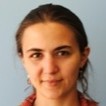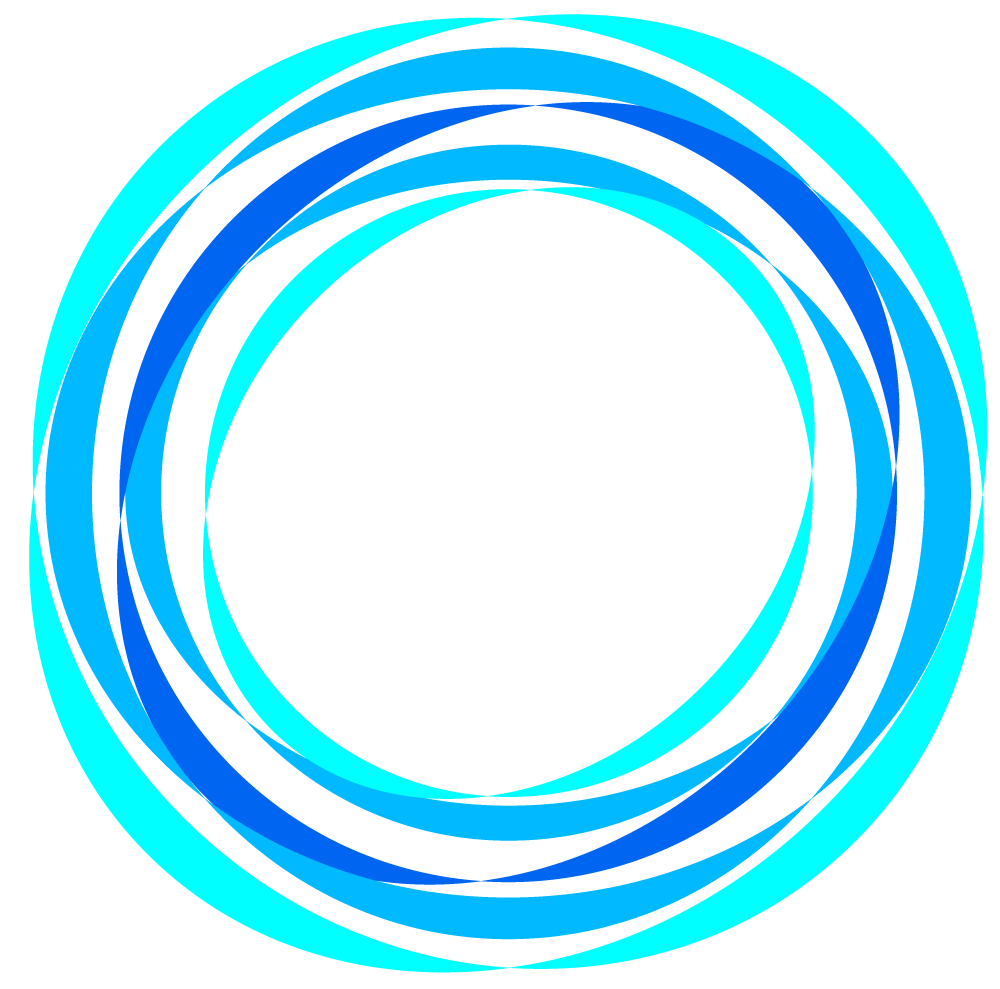A charitable, service-based non-profit 501(c)(3) organization (NPO) educating and connecting the High Performance Computing (HPC) user community to state of art technology for the purpose of optimizing business processes and workforce advancement.
Our technology focus includes AI/Machine Learning, Data Science, Cloud Computing, and Visualization utilized in applications in Energy, Life Sciences, Manufacturing & Engineering, Financial Services, Academia, and Government.
The Society of HPC Professionals lunch and learn event
Lunch & Learn – September 2021
Using High Performance Computing to allow clinical compatible performance for biomechanical Finite Element simulations
Thursday, 23 September 2021
12:00pm – 1:00pm CST
Live stream due to COVID-19
Watch videos and/or download presentation
About the Event
Brain-shift during neurosurgery compromises the validity of preoperative images to identify tumor and vital structures location in neuronavigation platforms. Although several studies have used various finite element models (FEMs) to predict successfully inward brain-shift, they are significantly time consuming and thus their CPU performance is not clinically compatible (a result in less than one minute is required).
There are two bottlenecks for performance improvement. The first bottleneck is the building of a finite element patient-specific model including segmentation and mesh editing. The second is the CPU time required by the simulation on a high-performance computer.
We have developed a model to describe inward brain-shift with viscoelastic biomechanical modeling varying three surgery parameters: craniotomy position, cerebrospinal fluid drainage level and intraoperative head position. We propose to develop a real-time estimation of the inward brain-shift displacement with deep learning from only patient-specific MRI without using time-consuming Finite Element building. In this study, we demonstrate that the combination of HPC-generated FEM training data and a U-net approach is a promising solution for clinically compatible performance.
About the Speaker
Anne-Cecile Lesage, Ph.D.
Research Scientist, PhD. Imaging physics at MD Anderson Cancer Center
Anne-Cecile Lesage is a research scientist at MDACC. She has 17 years of experience in the field of applied mathematics (numerical analysis, finite elements, finite difference, inverse methods) and applied physics (hydraulics, hydrodynamics, solid mechanics, geophysics).
Dr. Lesage joined MDACC in 2018 more specifically the Morfeus Lab supervised by Professor Kristy Brock in the Imaging physics department. Her current research works at MDACC focus on modeling soft tissue mechanics for medical applications. More specifically, she is developing patient-specific finite element modeling workflows to predict tissue deformations for applications in brain and lung cancer surgery. She is part of the image-guided cancer therapy program.

REGISTRATION IS CLOSED
Members
FREE for Members and U of H Student Members
Non-Members
$15 for Non-Members
This is a good time to consider joining SHPCP since members attend all monthly events for free, get copies of presentations and videos (when approved by presenter), and can participate in our annual Technology Meeting in December.
Plus, when we return to live events get free lunch and ability to live stream events.
It more than pays for itself if you attend just 4 events per year.
Click here to join now and attend for free
LOCATION:
Due to COVID-19, this month’s Lunch & Learn is a live stream event only.
For members, the link is on the Registration and Member Resources pages when you log in.
For non-members, the link will be provided after you register
